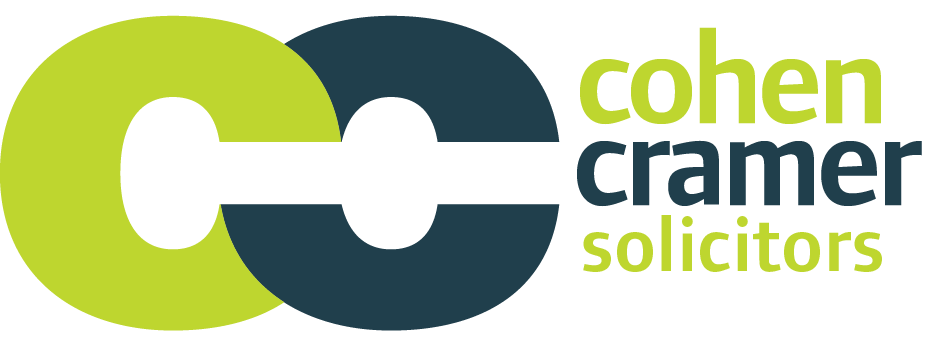If your business is being damaged by lies and rumours from an anonymous source you can fight back. Hannah Bennett of Cohen Cramer Solicitors looks at how a recent case gives business redress against an anonymous poster.
The High Court recently awarded the “’boutique’ London legal firm, Brett Wilson LLP, damages after it was described on-line, as “shameless, corrupt, fraudulent, dishonest, unethical, incompetent and oppressive”.
 After what appears as a revenge attack – Brett Wilson took the anonymous operators of a spin-off of the “Solicitors from Hell” website (solicitorsfromhelluk.com) to court. I shall refer to the new site as SFHUK.com.
After what appears as a revenge attack – Brett Wilson took the anonymous operators of a spin-off of the “Solicitors from Hell” website (solicitorsfromhelluk.com) to court. I shall refer to the new site as SFHUK.com.
This was really a follow up from the case of Law Society v Rick Kordowski. In that matter Brett Wilson acted for the Law Society against Mr Kordowski. As a result of this case the original Solicitors from Hell site, a web platform for complaints about alleged misconduct by solicitors, was closed down.
Since then a number of copycat websites have been published, against one of which Brett Wilson has pursued a claim – SFHUK.com, for listing their firm as ‘solicitors from hell’ and using defamatory language regarding their firms conduct.
Brett Wilson were unable to identify the operators of SFHUK.com and so finally they commenced proceedings against a defendant described as:
“Person(s) Unknown, Responsible for the Operation and Publication of the website http://www.solicitorsfromhelluk.com”.
The legitimacy of this procedure has been recognised since the case of Bloomsbury Publishing Group plc in 2003, the anonymous nature of the internet being a fertile breeding ground for those who throw stones from the dark. This case appears to be the first in which an English court have gone so far as to make an award of damages against “persons unknown”.
The judge, Warby J, described the defendants as “hiding” and was satisfied that the requirements of section 12(2) of the Human Rights Act 1998 has been fulfilled in that all reasonable steps had been taken to notify them. Likewise, Section 10 of the Defamation Act 2013 had been fulfilled, as the Judge was satisfied that the defendants to this action were persons within the definition of “editor”, even though it was not alleged that they were publishers or authors of the allegations or in any analogous category.
Brett Wilson LLP partner Nick Brett said:-
“The fact that a defendant is not identifiable should not be a bar to an aggrieved party seeking redress, particularly where one can look to third parties (such as Google in this case) for assistance and obtain a vindicatory award that they can point to. Whilst at the present time there is insufficient evidence to identify the operator of this website, efforts to do so are ongoing and the firm intends to take steps to enforce the order in the event of non-compliance.”
So what does this mean for the business that is under attack from an anonymous source?
While it is unlikely that you will be able to recover financial compensation from an unknown defendant it will give you a moral victory which in turn can be used as well placed web content, which when reflected in web searches can provide a measure of damage limitation.
It is not the perfect solution but it could be the best possible course for you and your business.
If you are being targeted by some keyboard warrior sending out lies from their bedroom or a concerted cyber-attack on a commercial basis we can help.
Litigation is the last resort but if required we have the knowledge and experience to help you. To see what we can do get in touch with us today:
David Hall : David.Hall@cohencramer.co.uk 01132247808
Hannah Bennett: Hannah.bennett@cohencramer.co.uk 01132447823
For the Quality Legal Service You Deserve
